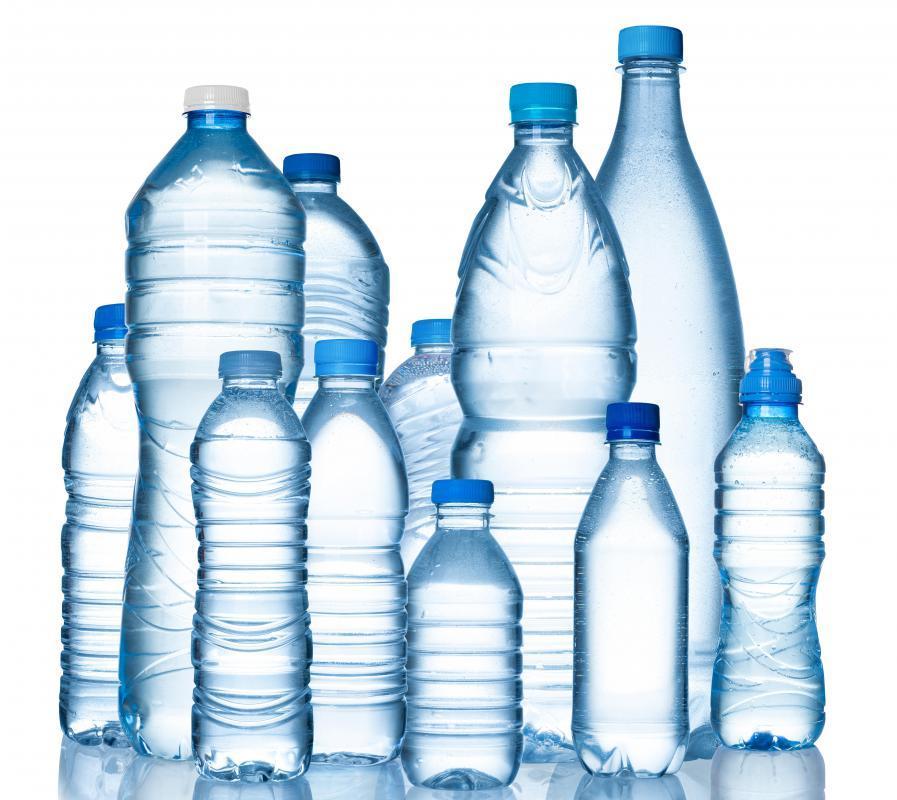
STUDY (BASIC SCIENCE)
The study investigated the endothelial effects of bisphenols and brominated bisphenols involved in aortic pathological structure, endothelial nitric oxide synthase (eNOS) activity, synthase activity and nitric oxide (NO) production in human umbilical vein endothelial cells mice.
A type of bisphenols called brominated bisphenols, such as tetrabromobisphenol S (TBBPS) significantly inhibited NO production by 56%.
The enzymatic activity of eNOS decreased by 16.9% after exposure to TBBPS. Moreover, TBBPS was observed to increase aorta thickness significantly in mice and induce endothelial dysfunction.
IMPLICATIONS
This basic science study raises the concern that bisphenols, particularly brominated bisphenols like BBPA, may induce harm to arteries by reducing NO production, reducing activity of an enzyme called eNOS, and thickening arteries. All of these, if true in humans, could lead to hypertension and disease of arteries like atherosclerosis.
What can be done to limit our exposure to these compounds? A resource can be found at the Environmental Working Group website and the recommendations include:
- Substitute fresh, frozen or dried food for canned.
- Limit how many packaged foods you eat.
- For those who cannot avoid foods in BPA-lined cans, rinsing the food in water may help lower the level of BPA in the food. Bonus: Rinsing cuts back on other additives too, such as sodium on beans or sweet syrup on fruit.
- Never heat food in the can. Transfer it to a stainless steel pot or pan for stovetop cooking, or microwave in glass – not plastic.
- Do not buy drinks in plastic bottles. Use a glass or metal water bottle you fill at home both for your health and the health of the planet.
The risks of bisphenols go beyond artery damage and include endocrine disruption, fertility, risk of diabetes type 2, and brain disease. You can learn more here.

